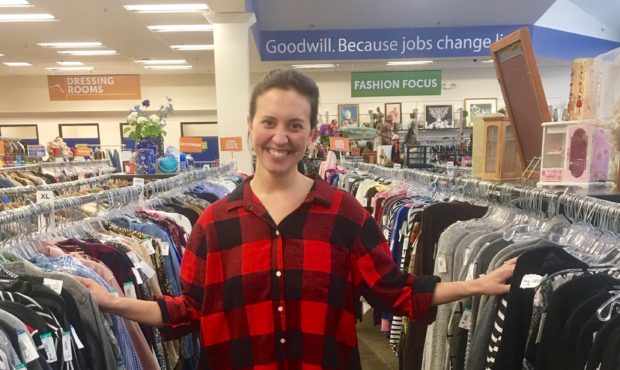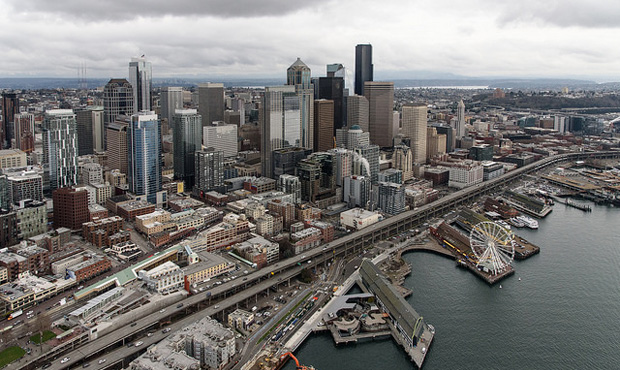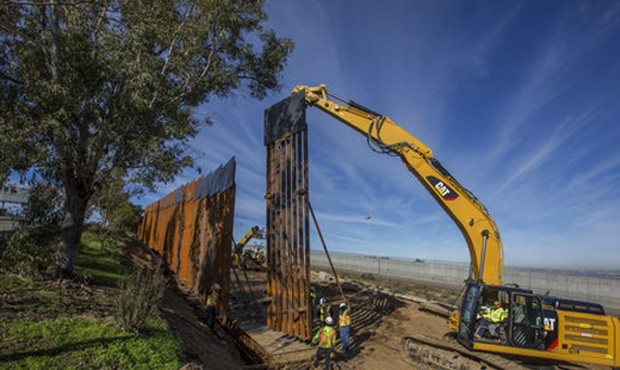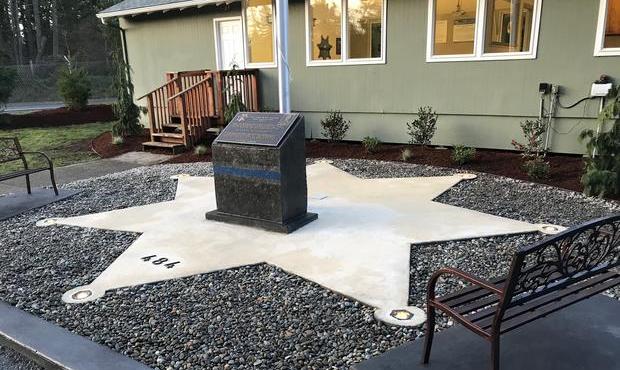Union Gospel Mission on Seattle’s homeless problem
Jan 6, 2017, 5:50 AM | Updated: 11:46 pm

Seattle officials have struggled to find solutions to the local homelessness problem -- one of the worst in the nation. (AP)
(AP)
Homelessness has been a growing problem throughout Seattle for so long that it seems less like an anomaly, and more like the way of local life. People blame the city and its officials. But one party close to homelessness – Seattle’s Union Gospel Mission — wants locals to understand one thing: it’s not the city’s problem, it’s your problem.
“I don’t want to jab just at the city,” said Jeff Lilley, president of Seattle’s Union Gospel Mission. “This is the whole community’s problem. Every one of us in our neighborhoods are watching it happen. We are watching our cars getting broken into. We are watching property crime rates go through the roof, and we’re watching the people die on the streets.”
Homelessness is “out of control,” Lilley told KIRO Radio’s Ron and Don.
Related: Seattle hunger grows with 15 percent spike in food assistance
“I think we all know it. We all see it,” he said. “Seattle is number three in the nation for the overall homeless population. That means it’s right after New York City and LA. And we’re number 20 on the population list. We’re looking at a much higher homeless population per capita … the numbers are out of proportion to every other city in America.”
While many hear such information and in turn shake their fists at city officials about homelessness, Lilley said that Seattle residents don’t have to wait for others to take care of the problem — even if it’s not an overall solution. There is no better example than the current cold snap that the region is experiencing.
“We get cold walking from the car to the house or waiting to warm up the car, and that feels miserable,” Lilley said. “What happens if I had to spend all night sleeping on a cold sidewalk? It brings it fresh to our minds – what are we doing about this?”
It’s a good question. But for the time being, Lilley recommends asking another question: What extra item could I pick up at the store. In other words, the next time the average Seattle Joe or Jane is at the store, they should throw in an extra pair of gloves or a blanket. Keep it in the car.
“The next time you see that same homeless person standing out in the cold, give them the gloves, give them the blanket,” he said. “If you don’t know if they need it, give it to us. We’ll make sure it gets to the right people.”
“The bottom line is for all of us to stop and say, right now, the biggest question is not the city’s strategy,” Lilley said. “The biggest issue is to make sure nobody dies on the street over the next week or two.”
Union Gospel Mission and Seattle homelessness
Lilley and the Union Gospel Mission has been working with area’s homeless population, perhaps, longer than any other organization in town. Its roots were planted during the Great Depression, and the organization is still at it more than 80 years later. So Lilley does have some experience to base criticism off of. While he says people need to shift their focus, there are things the city can do to shift its own focus.
“We just had a meeting with one of the cities to the south in King County,” Lilley said. “They are starting to see an increase in homelessness, but they don’t have the same numbers that Seattle has, yet they are very close to Seattle.”
“It’s like a carrot/stick issue. That city uses more of the stick,” he said. “They see a homeless encampment, they move it right away and say, “You can’t be here.” Seattle has more of a carrot situation. We saw it (recently) with the homeless encampment on I-90 and Rainier. If the homeless said, “We don’t want to move.” Seattle says, “Oh, alright. We’ll pack up and go.” I think the solution is both. It’s coming in and saying, “We don’t allow them to do whatever they want to do.” But at the same time, we walk in with compassion and say, “What can we do to help you.”
“Seattle is ultra-compassionate,” he added. “And that is a good thing. In this case, it’s not actually helping individuals (in Seattle) move to a better place.”
Despite being so entrenched in the issue, the Union Gospel Mission is often not a part of the city’s conversations around homelessness. It’s a religious organization, and therefore it cannot receive public funds from the city to partner on the issue, Lilley notes. But Lilley and others with the Union Gospel Mission chat with council members or the mayor from time-to-time. He tries to get a message across about another shift in focus.
“We have a conversation with the city often and we try to remind them that when you are looking at the unsheltered alongside the freeway, that is not so much a homeless problem as it is an addiction problem,” Lilley said. “We’ve got to address what is happening with addiction. Sadly, most people have heard this, but more people are dying from opiates than they are from traffic accidents.”
“The city has Vision Zero; they want zero traffic deaths,” he said. “Well, right now traffic (deaths) isn’t your problem. Heroin is your problem … what are your strategies for addiction because you are losing far more through addiction than through traffic? Yet we’re going to lower speed limits as a solution. Well, what are you going to do for addiction?
“It’s not just ‘can we make the homeless go away,’” he added. “It’s how can we help people wrestling with addiction that has them trapped in its claws.”
Ron and Don’s Lauren Padgett contributed to this article.













